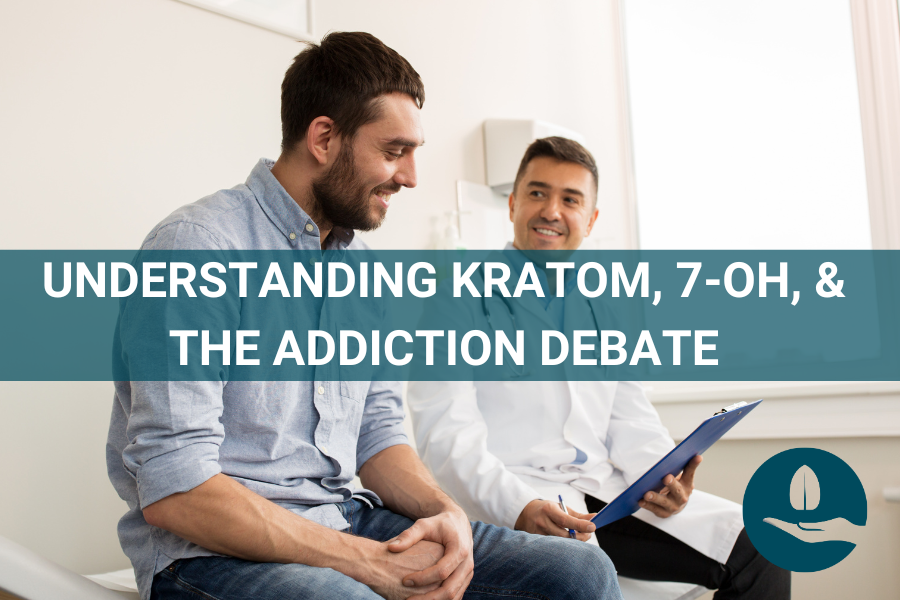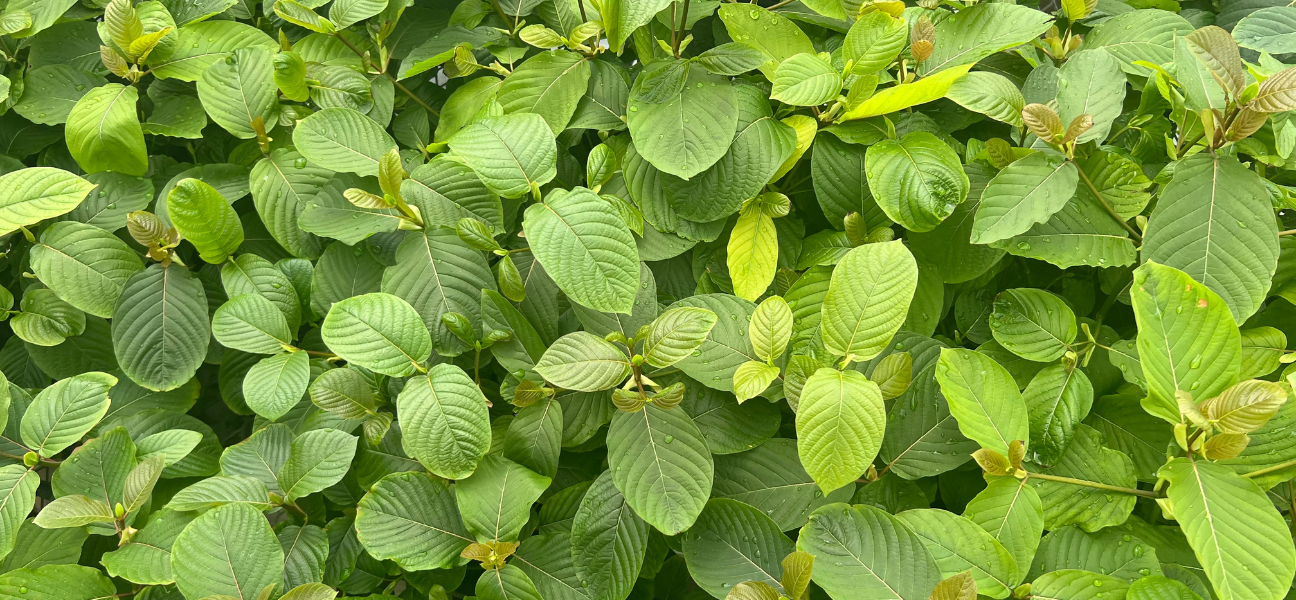Blog

Unlike synthetic opioids, kratom doesn’t activate the same cellular “brakes” (called beta-arrestins) that cause tolerance build-up. That means users are less likely to need higher and higher doses.
In fact, taking too much kratom usually results in nausea and "fullness"—not a stronger high. That “diminishing returns” effect actually discourages overuse.
Key Takeaway
When taken from a reputable source (like ETHA!!) and taken responsibly, kratom is not considered chemically addictive like opioids. It offers potential benefits like natural discomfort relief , energy boost , and stress reduction—without the dangerous cycle of craving and dependence.


















